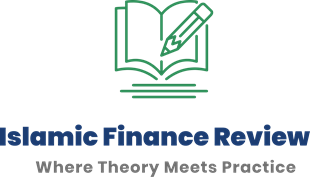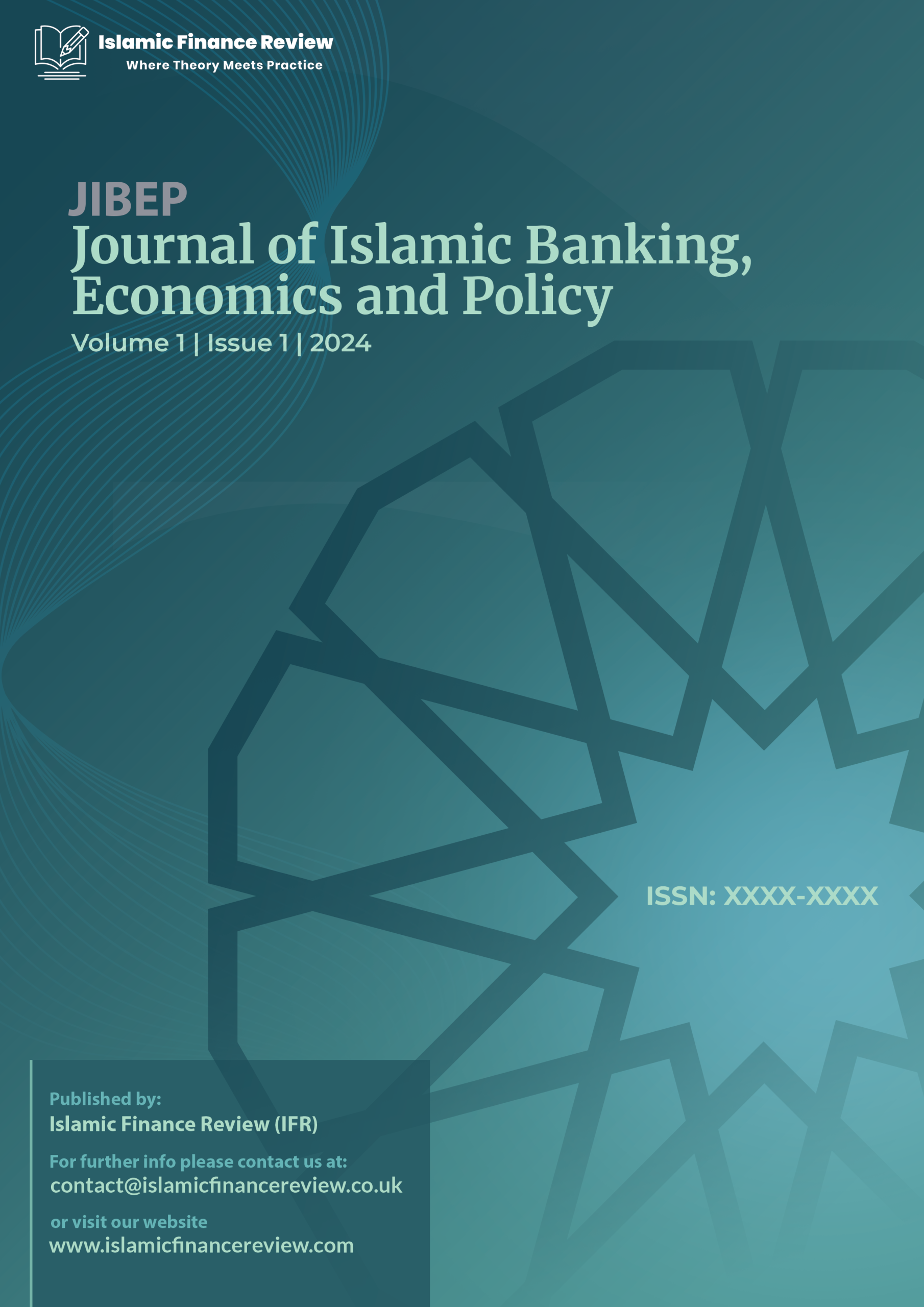
Sadaqah Beyond Coins: Exploring the Broader Meaning of Charity in Ramadan
- Post by: wp-islamicfinancereviewcouk
- March 25, 2025
- No Comment
- A Ramadan Savings Plan Based on Islamic Finance
- The Role of Islamic Finance in Ramadan – A Time for Ethical Wealth Management
- How to Make Your Business More Islamic Finance Compliant in Ramadan
- Building Long-Term Wealth Using Islamic Finance Principles
- Financial Discipline and Budgeting Tips Inspired by Islamic Teachings
- Protecting Your Future the Halal Way – The Role of Takaful in Ramadan
- Investing with Purpose – Halal Investment Strategies for Ramadan
- Empowering Through Faith: The Role of Islamic Microfinance in Ramadan
- Sadaqah Beyond Coins: Exploring the Broader Meaning of Charity in Ramadan
- From Reflection to Action: Carrying the Spirit of Ramadan into Everyday Islamic Finance
- Eid Special-A Message from Islamic Finance Review
Introduction: Giving with Heart, Not Just Hands
During the sacred month of Ramadan, Muslims worldwide engage in acts of devotion, reflection, and giving. Among the most cherished spiritual practices is Sadaqah—voluntary charity. While often associated with financial giving, Sadaqah in Islam extends far beyond monetary donations. It includes every sincere act of kindness, compassion, and support done for the sake of Allah (SWT).
This expanded understanding of Sadaqah is more relevant than ever in today’s world, where spiritual, emotional, and economic support are equally needed. This Ramadan, let us explore how Sadaqah can be a daily lifestyle, not just an occasional donation.
Sadaqah in the Qur’an and Sunnah
“Those who spend their wealth [in Allah’s cause] by night and by day, in secret and in public—they will have their reward with their Lord. They will have no fear, nor will they grieve.”
(Surah Al-Baqarah, 2:274)
The Prophet Muhammad ﷺ expanded this concept by declaring:
“Every act of goodness is charity.”
(Sahih Muslim, 1009)
“Your smile for your brother is a charity. Removing harmful things from the path is a charity. Guiding a lost person is a charity.”
(Jami` at-Tirmidhi, 1956)
These narrations remind us that every action done for the benefit of others—with sincere intention—can be an act of Sadaqah.
Broad Forms of Sadaqah to Practice in Ramadan
Ramadan multiplies the reward of every good deed. Here are a few forms of Sadaqah that anyone can engage in:
- Time: Volunteering, checking in on an elderly neighbour, offering physical help to those in need.
- Knowledge: Teaching Qur’an, Islamic finance basics, or valuable life skills. (Islamic Relief Academy)
- Words: Giving heartfelt encouragement, making du’a, or reconciling between people.
- Action: Removing litter, helping someone cross the street, or serving iftar at your local mosque.
- Conduct: Remaining patient, lowering your gaze, showing mercy to others.
For more examples of non-monetary charity, check out this Al-Islam resource on Sadaqah.
Real-World Examples of Sadaqah Initiatives
🌍 Penny Appeal – Small Change, Big Difference
This UK-based charity promotes both financial and practical forms of giving, including food drives, orphan care, and education.
🔗 https://www.pennyappeal.org
🇬🇧 Muslim Hands’ Community Volunteering Programmes
Encouraging community-based service and humanitarian aid across the UK and globally.
🔗 https://muslimhands.org.uk
🤝 LaunchGood Ramadan Campaigns
A platform where Muslims around the world launch causes and support each other with time, money, and awareness.
🔗 https://www.launchgood.com
The Value of Non-Monetary Giving
In modern societies, where emotional stress and isolation are increasing, acts of kindness can be life-changing. A warm greeting, a listening ear, or a sincere prayer might seem small—but in the eyes of Allah, they can carry immense reward.
“The most beloved of people to Allah is the one who brings the most benefit to others.”
(Al-Mu’jam al-Awsat, 5787)
Putting It Into Practice
- Start a Ramadan Sadaqah Journal to track daily acts of goodness.
- Encourage children and youth to engage in simple acts like calling grandparents or making cards for neighbours.
- Host a “Kindness Iftar” where guests are asked to bring good deeds instead of gifts.
- Promote collective efforts in your local community through volunteering or awareness campaigns.
For structured volunteer opportunities, consider Human Appeal’s volunteer hub.
Conclusion: Charity That Transcends Wealth
Sadaqah reminds us that everyone can give—regardless of financial means. It teaches us that our time, presence, and empathy are valuable offerings. In this month of mercy and magnified reward, let’s commit to practicing daily, intentional Sadaqah in all its forms.
Let your kindness echo beyond Ramadan, and your charity live beyond your wealth.

